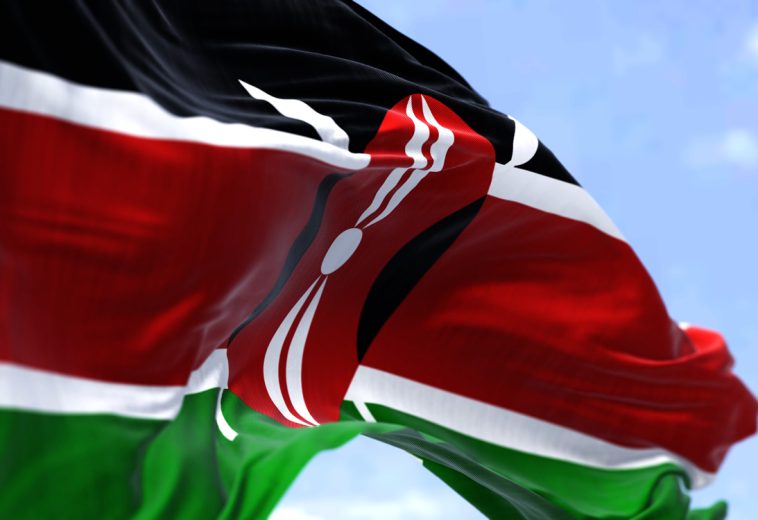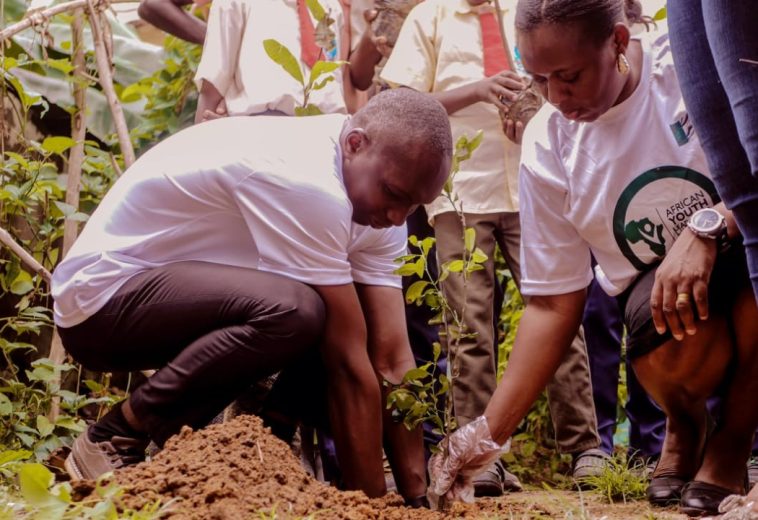The Economic Community of West African States (ECOWAS) is a regional organisation established to promote peace and economic, political, and social stability for the growth and development of the West African States.
ECOWAS currently functions on a regular platform with four pillars: peace and security, developing infrastructure, policy harmonisation to facilitate trade and good corporate governance. Since its existence, ECOWAS has committed to achieving its vision; however, it has had its fair share of challenges as well, especially in the political field. This article discusses both the functions of ECOWAS and the current political challenges it is confronted with.
THE FORMATION OF ECO WAS
The ECOWAS Treaty was signed in Lagos, Nigeria, in May 1975 by the heads of state and governments of fifteen West African nations, establishing the Economic Community of West African States (ECOWAS). The original signatory countries were Benin, Burkina Faso, Côte d’Ivoire, The Gambia, Ghana, Guinea, Guinea Bissau, Liberia, Mali, Mauritania, Niger, Nigeria, Sierra Leone, Senegal, and Togo. Later, Cape Verde joined, and in December 2000, Mauritania withdrew but re-joined as an associate member in August 2017.
ECOWAS’ MISSION AND VISION
ECOWAS’s primary mission is to promote economic integration in the West African region, with the overarching goal of improving the quality of life for its citizens, maintaining economic stability, fostering relations among member states, and contributing to Africa’s overall progress and development.
ECOWAS envisions a region without borders where people have access to and can effectively utilise their abundant resources within a sustainable environment. This vision also includes an interconnected region where people may move freely, have access to high-quality healthcare and education, engage in economic and commercial activity, and live with dignity and security. Additionally, ECOWAS seeks to administer the area by the ideals of democracy, the rule of law, and good governance.
Functions of ECOWAS
Economic Integration
ECOWAS has encouraged and implemented diverse policies and projects to foster regional integration. ECOWAS has encouraged intra-West African trade among its member nations, which is one of its achievements, and the sub-region’s economy has benefited from this.
This has been possible because ECOWAS has fostered increased trade liberalisation and economic growth through harmonisation, facilitated the expansion of larger markets, and ensured the free flow of human and material resources among member states.
Regional Integration
The rising trends in global economic, social, and political relationships as well as in international trade position regional integration as one of the fundamental drivers for economic and sustainable development. The need for trade, better infrastructure, and resource mobility have all contributed to a history of regional integration and collaboration in West Africa.
Along with the West African Economic Monetary Union (WAEMU), ECOWAS has established institutions and devised measures to fight poverty. For regional integration, these five pillars—peace and security, policy harmonisation, trade and investment promotion, infrastructure development, and democracy and good governance—are of key value.
Also, ECOWAS has provided the subregion’s Anglophone and Francophone nations with an official forum to discuss shared challenges. This has helped to lessen the mistrust between the French- and English-speaking nations of West Africa.
Social and Cultural Cooperation
Social and cultural cooperation is another responsibility of ECOWAS. Through projects and the Cultural Exchange Programme, ECOWAS’ dedication to cultural integration is realised. The ECOWAS Festival of Arts and Culture (ECOFEST), which is held every two years, is one notable example.
ECOFEST, a gathering of artists, performers, and cultural aficionados from all across West Africa, was held in Togo in 2018. The impact of ECOFEST highlights the various cultural customs of member states. They give artists a stage on which to showcase their abilities, promoting respect and understanding among cultures. These celebrations not only highlight the region’s cultural diversity but also advance travel and business prospects between member nations.
Another way this goal has been successful is through the unrestricted movement of people, products, and services within the sub-region. Without a visa, a citizen of one member state could stay in another member state for a maximum of 90 days with appropriate documents.
Regional Security
The security issues in West Africa are caused by the region’s natural resources, topography, governance issues, and geopolitics. Despite having a strong framework for peace and security, the region nevertheless faces risks connected to the proliferation of small arms and light weapons (SALW) conflicts, criminal organisations, and governance problems. ECOWAS manages threats to international values using its West African security policy and has played a pivotal role in bringing an end to some conflicts.
In the West African sub-region, ECOWAS has mainly succeeded in achieving peace and stability. Troops have been sent to the subregion’s war-torn territories as a result of the creation of the ECOWAS Monitoring Group. ECOMOG helped restore democracy in Liberia and Sierra Leone.
POLITICAL CHALLENGES
Political Instability
Constant military coups in West Africa are threatening the rule of democracy and have raised many questions concerning democratic rule in the nations. In the last three years, West Africa has experienced a series of military uprisings that have led to the overthrow of presidents in Mali in August 2020 and May 2021, Guinea in September 2021, Burkina Faso in January and September 2022, and Niger in July 2023. This wave of political instability is the result of regional instability, poor governance by elected leaders, and the success of previous coup attempts.
Security Threats
Despite having well-established political structures, continuous political initiatives, and practical expertise, ECOWAS faces significant challenges in effectively addressing threats to peace and security. There have been emerging security threats that boost the imperative for security sector reform, along with improvements in justice and the rule of law. In some cases, insufficient institutional and operational resources prevent the collaborative and effective implementation of political framework documents and conflict resolution strategies.
There has been an increase in deaths as a result of Islamic terrorism in West Africa. The Islamic State in the Greater Sahara (ISGS), the Islamic State West Africa Province (ISWAP), often known as Boko Haram, and Jama’at Nasr al-Islam wal Muslimin (JNIM), an al-Qaeda affiliate, are now three significant and highly experienced jihadist factions operating in the region. Mali, Cote d’Ivoire, and Nigeria are a few of the nations in the area that have been the target of highly sophisticated terrorist attacks.
In addition, the Gulf of Guinea has developed into a hub for piracy worldwide, where crew members have been abducted on several occasions. A startling 95% of all kidnappings worldwide in 2020 occurred along the coast of West Africa. Due to their frequent lack of properly outfitted navies and the ability to uphold maritime law, coastal states suffer internal difficulties.
Also, factors including a high rate of unemployment, weak security measures, a decline in democratic values, corruption, and the perceived economic benefit of criminal activity all contribute to maritime insecurity.
Nigeria is a notable example of this maritime security challenge, with most pirate assaults happening off its coast and being mostly carried out by rebels and criminals with bases in Nigeria. There hasn’t been much progress made in solving this issue in the nation despite these persistent problems.
Election-related violence
The legitimacy of the state is critically dependent on holding free, fair, and credible elections in West Africa; hence, elections that are conducted in a peaceful, open, and credible manner are crucial to the legitimacy of the state in West Africa. These elections provide the best opportunity for citizens to strengthen democratic practices.
Despite pre-election efforts by ECOWAS and other regulatory bodies, as well as reforms aimed at enhancing legal and regulatory frameworks, electoral procedures in these nations still struggle to obtain consensus and frequently fuel political tensions.
These pre-election tensions, which are occasionally accompanied by violence, as seen in nations such as Guinea and Côte d’Ivoire, are alarming because they pose a serious threat to the peace, security, voter turnout, and well-being of these countries and the larger sub-region.
ECOWAS is committed to promoting regional integration, peace, and development in West Africa. Through the years, it has played significant roles in advancing regional peace, facilitating conflict settlement, and improving the lives of millions of people. However, given the current political climate, the organisation must join forces to overcome political challenges for democracy and the rule of law to prevail and promote political stability and development.


